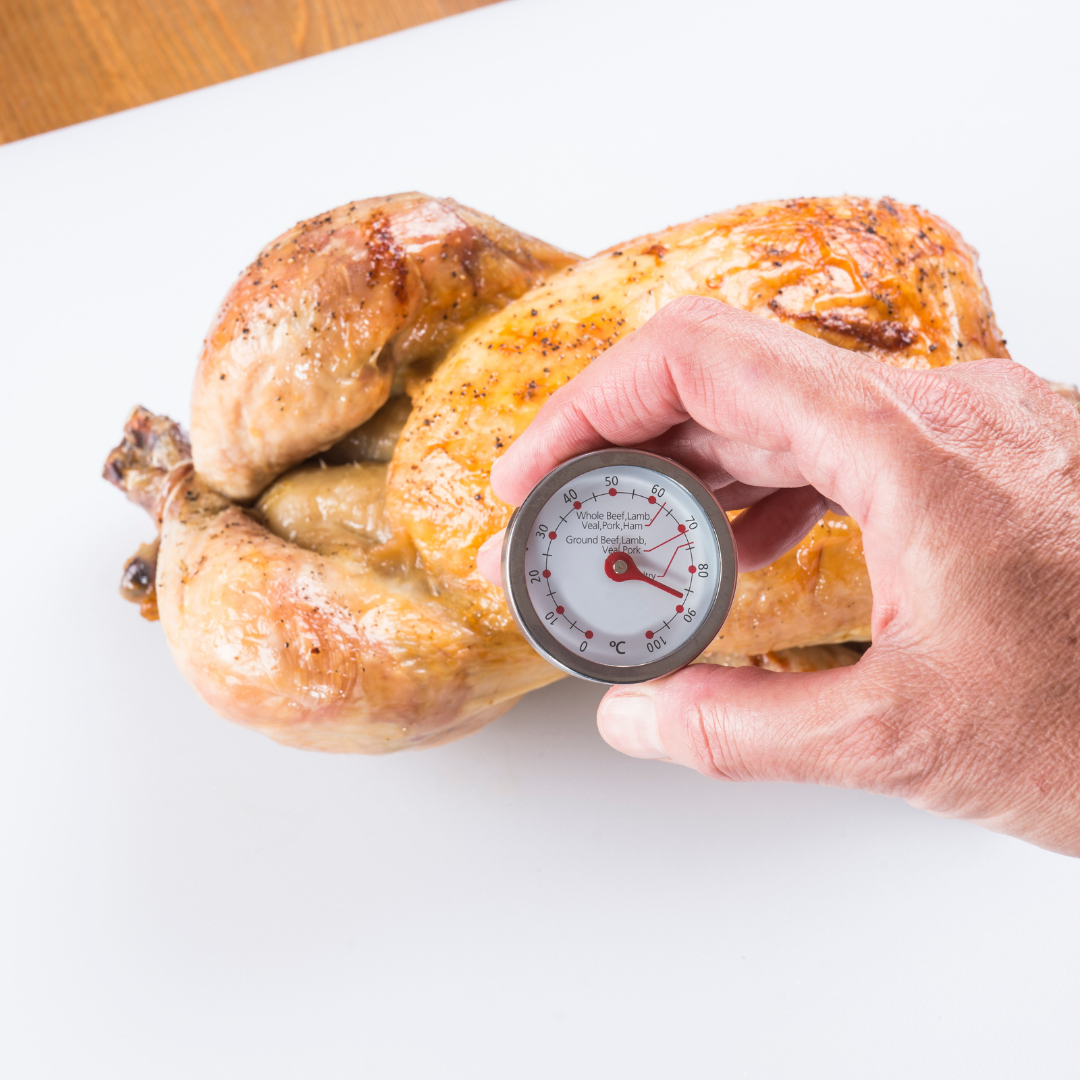
4 Steps to Prevent Food Poisoning for People with HIV/AIDS
Selecting, handling, preparing, and storing food to prevent foodborne disease or food poisoning is what food safety is all about. Everyone should practice food safety measures to prevent illness caused by harmful germs present in contaminated food or water. People with a weakened immune response such as people receiving certain treatments for cancer, immune deficiency diseases, or people who have HIV/AIDS with low CD4 counts should take food safety seriously because foodborne illnesses can cause complications, and recovery from these illnesses could take longer to recover than in people with a healthy immune system.
Avoid eating or drinking the food listed below to reduce exposure to bacteria and virus found on food:
– Raw eggs or food with uncooked eggs (example: cookie dough, cake or pancake batter, unpasteurized eggnog)
– Raw or undercooked poultry, meat, and seafood.
– Unpasteurized milk, dairy products, or fruit juices.
Use these four simple steps recommended by the Center for Disease Control (CDC) to prevent food poisoning.
- Clean: germs can survive and live in many places in your kitchen so be sure to thoroughly wash your hands, fruits, vegetables, cooking utensils, cutting boards, and countertops.
- Separate: raw meat, poultry, seafood, and eggs should always be kept separate from produce. Keeping them in leakproof bags or sealed containers can avoid cross-contamination to other foods that will be eaten raw. Also, use a unique cutting board for uncooked meats and another for fruit and vegetables or any other foods that are ready to be eaten.
- Cook: using a food thermometer is the only way to know that the temperature is high enough to kill germs. Be sure to keep food hot after cooking (140oF or higher) Click here for a reference list on cooking temperatures.
- Chill: refrigerate or freeze food within 2 hours of purchasing or cooking. Be sure that your freezer’s temperature is at 0oF or below and your refrigerator is at 40oF or below. Keeping your food at lower temperatures does not destroy germs. However, it can keep it safe until you cook it.
If you are interested in learning more about food safety visit:
- https://www.foodsafety.gov/
- https://www.cdc.gov/foodsafety/index.html
- https://www.who.int/news-room/fact-sheets/detail/food-safety
Article written by Katheryne Romero, Poverello’s Dietitian.
05/10/2021